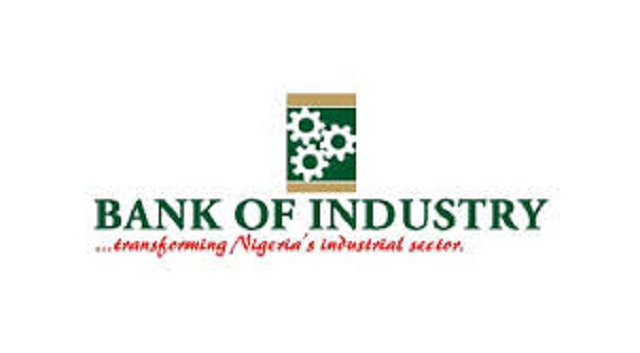The Federal Government (FG) claims it plans to increase raw material value addition to 60% from 25% currently. Uche Nnaji, Minister of Innovation, Science, and Technology (FMIST), stated this on Wednesday during an RMRDC-organized conversation session in Abuja.
Participants in the presentation and debate event included scientific and technology stakeholders, strategic donor agencies, and development partners. Nnaji stated that meeting the 60% goal indicated a daring vision for Nigeria’s future, in which raw commodities are processed and enriched to maximum value before being exported.
He said that Nigeria’s raw materials sector held vast potential not for the growth of our economy and for creating a resilient, self-sustaining industrial base that benefits all Nigerians. “Achieving our target of 60 per cent value addition will lay the foundation for widespread economic empowerment and poverty reduction.
“ The RMRDC in collaboration with the African Development Bank (AfDB), is developing a comprehensive 10-year roadmap to achieve a transformation in Nigeria’s raw material value addition, from the current 25 per cent to at least 60 percent,’’ he said.
He called on the participants to support amd to develop the critical capacities necessary to usher in a new era of raw material utilization that will define the future of Nigeria’s industrial landscape.
“Your support will quicken our pace to the desired target,’’ he said.
He said that the Federal Government would implement a national strategy on competitiveness in raw materials and products development to boost the competitiveness in raw materials and products development in Nigeria.
The Director-General of RMRDC, Prof Nnanyelugo Ike-Muonso also stated that the council had a renewed drive of becoming a continental leader in the raw materials research and development ecosystem.
Ike-Muonso said that the event was designed to showcase the council’s programmes and projects as well as explore technical funding and other opportunities and support for the RMRDC’s proposed ten-year roadmap.
According to the Director-General, this maiden edition of RMRDC’s programme presentation and dialogue session is the first in the series for our transition to continental leadership of the raw materials ecosystem.
He said that the RMRDC’s 10-year roadmap outlined strategic interventions, including building critical capacity in circularity and repurposing, developing relevant databases, and MIS. He said that other interventions were upgrading raw material testing laboratories and associated technology development workshops.
The RMRDC D-G stated that the discussion promised to deliver a comprehensive collection of technical and investment information for investors, researchers, and industry policymakers. Mrs. Esuabana Asanye, the Permanent Secretary of FMSTI, emphasized the relevance of the occasion in debating the National Strategy.
She urged stakeholders to work together for the country’s socioeconomic growth, emphasising the necessity of clearly defined stakeholder responsibilities in policy, legal frameworks, and results.
She urged everyone to work together and make a commitment to achieving the target and the nation’s aspirations.











